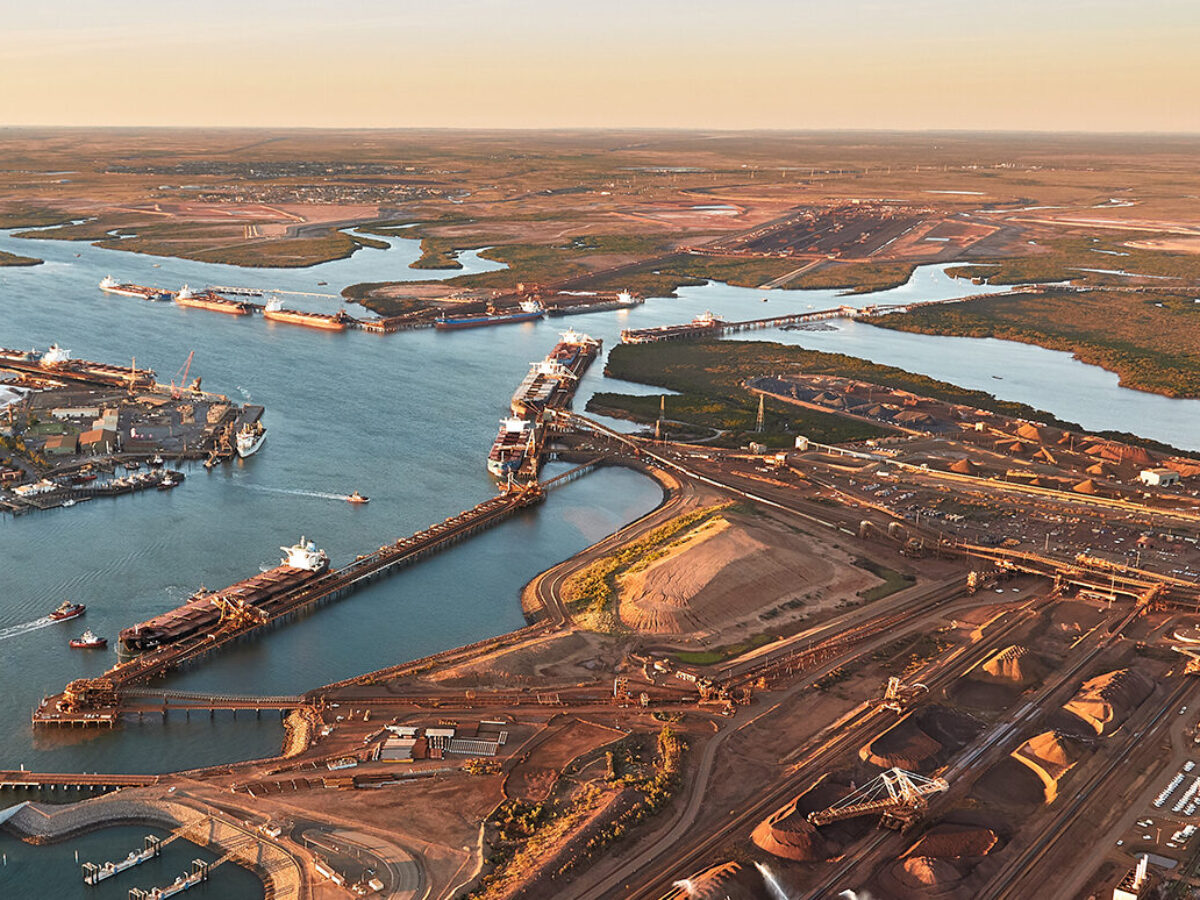Weld Australia has issued a warning that without urgent action on a deepening shortage of welders, “the AUKUS submarine program is at serious risk of collapse”, with critical skills deficits in both Australia and the United States threatening “to derail the multi-billion-dollar defence partnership—before the first submarine is even built.” Geoff Crittenden, CEO of the welding industry peak body: “It’s a full-blown capability crisis. The US doesn’t have enough welders to meet its own naval needs, let alone build submarines for Australia. If we don’t address this issue now, AUKUS will fail.” The US is producing just 1.2 submarines a year, below the 2.3 per year needed to meet its own requirements, let alone fulfil the AUKUS transfer to Australia. A key issue is a chronic shortage of welders, with the American Welding Society estimating the US will need to fill 330,000 welding positions by 2028. Australia's situation is equally dire, said Crittenden, adding “We’ve been raising this red flag for over a decade. The fact that nothing substantive has been done is beyond frustrating. It’s dangerous.”
Report shows need for SMEs to diversify
The bi-annual SME Growth Index Report from lender ScotPac has found 17 per cent (almost one in five) of SMEs surveyed “would not survive the loss of one major client,” suggesting a need for many to diversify their customer base. According to a statement from ScotPac on Wednesday, the finding comes following ASIC data showing 3,306 companies became insolvent for the first time in the first three months of 2025, and restructuring appointments have seen a seven-fold increase over the past three years. “This feedback tells us that too many SMEs are just one shock away from collapse,” said ScotPac CEO, Jon Sutton. “Relying heavily on a single client or supplier can create serious vulnerability – especially in a volatile trading environment. Over the past 12 months we’ve seen insolvency levels not witnessed in more than a decade, driven by rising costs, aggressive debt collection, and weakening consumer demand.”
New reusable cup system launched in Sydney
Reusable drinkware and circular solutions business Huskee launched Borrow by Huskee at International Towers Barangaroo in Sydney on Tuesday. The program is described as “a free, turnkey reusable cup system allowing customers to borrow one of Huskee’s new Borrow cups when ordering coffee or beverages from participating cafés and venues.” The system uses GS1 Next Gen barcodes and “allows customers to borrow a cup, enjoy their drink, and return it within 14 days” at any participating café or collection Smart Bins installed throughout the precinct. Saxon Wright, Co-Founder of Huskee, said: “It’s simple, accessible, and backed by powerful tech that closes the loop in a truly smart way. We’re proud to be leading this movement right here in Sydney.” Maria Palazzolo, CEO of GS1 Australia, added, “This partnership with Huskee demonstrates how global standards can power scalable reuse systems that benefit both the environment and the economy.” Huskee's cups are made out of coffee husk in China. The company runs a WashHub in St Peters, Sydney.
Australia drops in international competitiveness rankings
Australia slipped five places, from 13th to 18th, in a global ranking of international competitiveness, due to slow economic growth and declining business efficiency. The results in the IMD World Competitiveness Yearbook 2025 were released by CEDA on Tuesday, and rank the competitiveness of 69 nations. “This result shows Australian businesses and policymakers should focus on measures to strengthen the economy, in particular reviving our flagging productivity,” CEDA Chief Economist Cassandra Winzar said in a statement. Among criteria measured were per capita GDP growth (down to 20th to 60th), efficiency of our large corporations (62nd), perceptions of workforce productivity (60th), and levels of entrepreneurship, which dropped to 68th of 69 nations this year. The Institute for Management Development's yearbook has ranked the prosperity and competitiveness of countries since 1989.
Picture: Port Hedland (credit Pilbara Ports)






